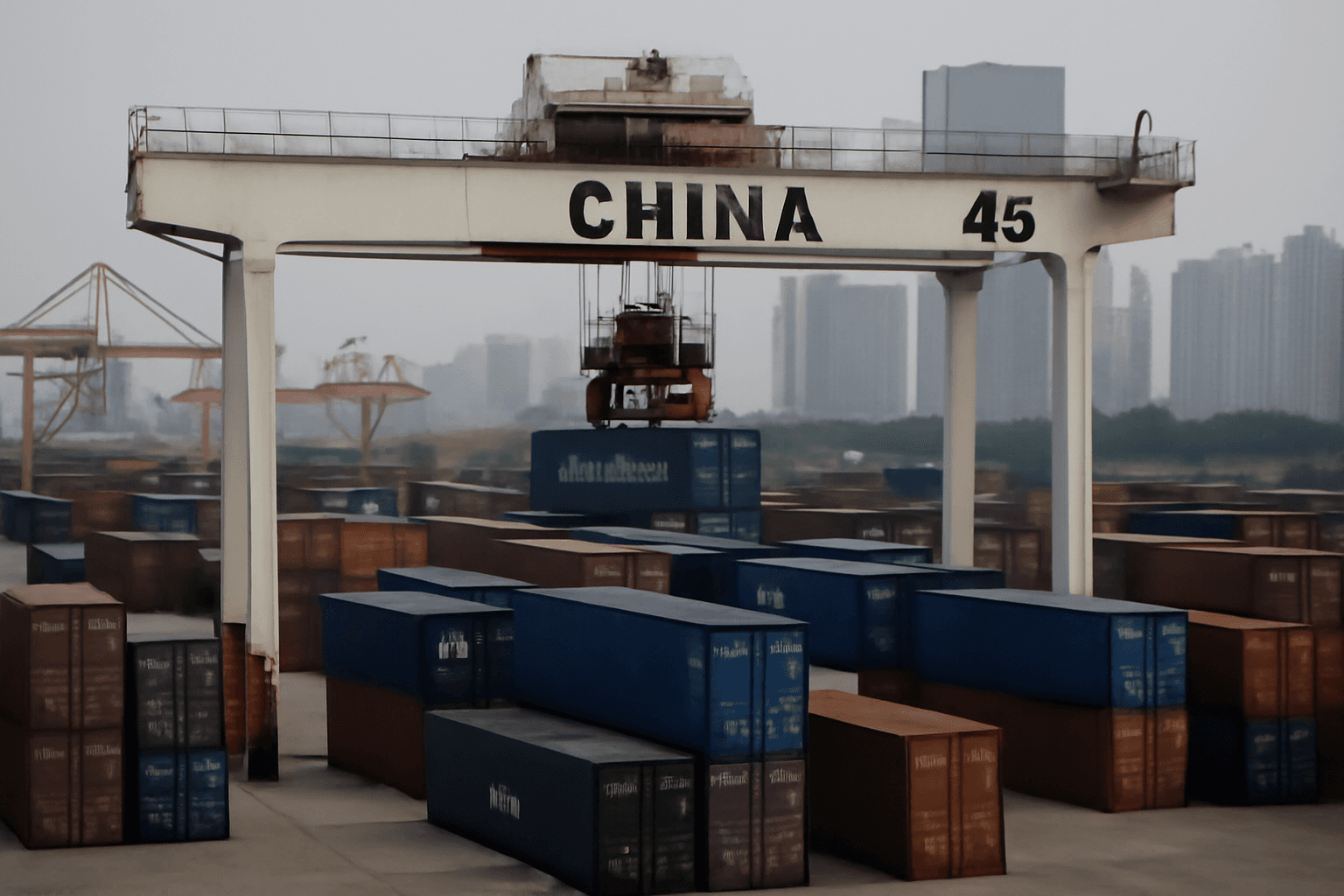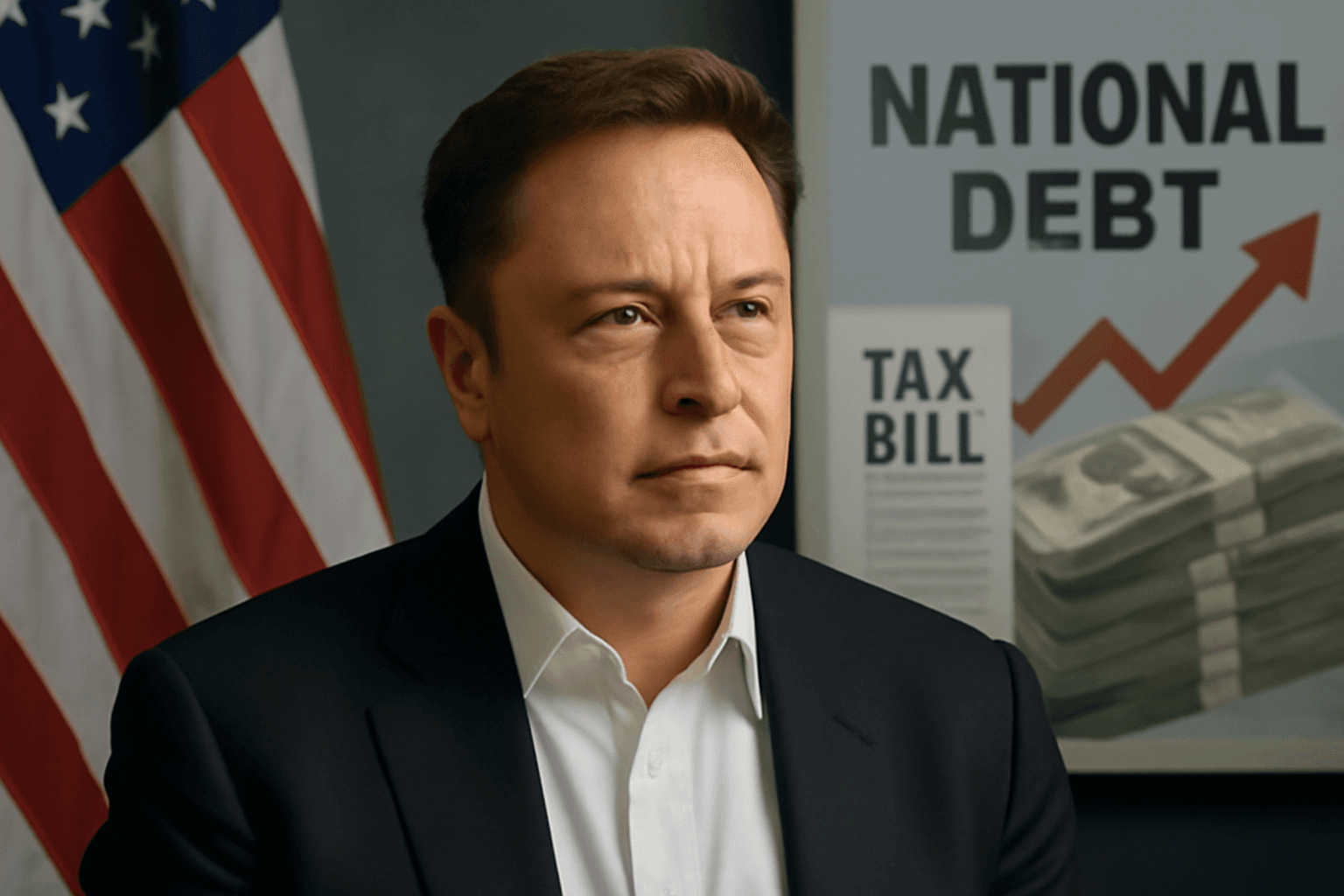Why U.S. Giants Like Apple and Microsoft Establish Headquarters in Ireland
More than 970 U.S. companies operate in Ireland, benefiting from strategic advantages that have long attracted multinationals. Firms including Apple, Microsoft, and Pfizer have set up operations there, leveraging Ireland as a hub for intellectual property management and optimized tax planning.
The Appeal of Ireland’s Tax Structure
The Irish government opened its doors to multinational corporations during the 1980s amid an economic downturn. Facing soaring unemployment and mass migration, the country adopted policies to attract foreign investment by offering competitive tax advantages and becoming a member of the European Union.
One historically popular tax arrangement, known as the "double Irish," enabled companies to transfer intellectual property rights between subsidiaries in low-tax jurisdictions, effectively minimizing their taxable income in higher-tax countries. At its peak, this strategy allowed companies like Apple to achieve effective corporate tax rates below 1% in Europe.
Changing Tax Rules and Evolving Strategies
Global pressure prompted Ireland to dismantle the double Irish scheme between 2015 and 2020, and in 2024, the country raised its top corporate income tax rate to 15%. Despite these changes, many U.S. firms still benefit from Irish provisions such as capital allowances on intangible assets, which help reduce operating expenses.
Experts point out that these tax advantages are just part of the story. Ireland’s highly skilled workforce, access to the European single market, and well-established relationships with multinational corporations contribute significantly to the country's continued appeal.
Voices from Industry and Policy Experts
Commentators have criticized how intellectual property strategies enable massive profits to virtually disappear from taxable income. One analyst noted, "If you are Apple and you are raking in the profits from your iPhone sales, you can make a lot of those profits just disappear from your taxable income." Meanwhile, policy experts argue that such tax strategies often push investment and headquarters away from the U.S., creating economic challenges at home.
The Road Ahead: Balancing Competition and Compliance
U.S. officials have signaled interest in encouraging companies to bring some of these operations back stateside to strengthen domestic manufacturing and tax revenues. Yet, in a global economy where multinational firms continuously seek competitive edges, Ireland remains a crucial player in their corporate strategies.
In summary, the mix of favorable tax policies, EU market access, and a skilled talent pool keeps Ireland an attractive destination for many U.S. multinationals despite evolving international tax landscapes.


















